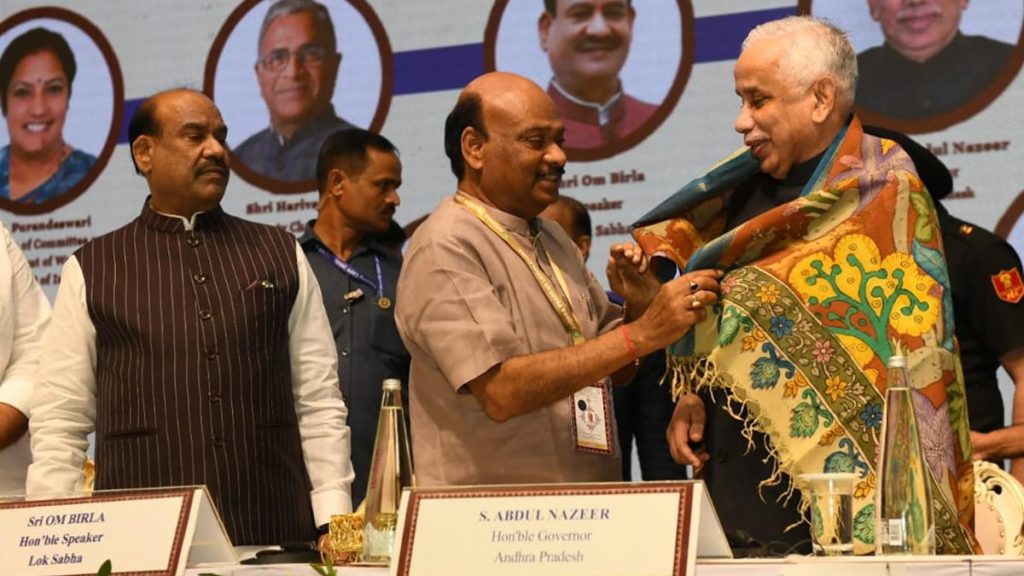Now Reading: Kolkata Social Workers Urge Journalists to Uphold Child Rights in Reporting
-
01
Kolkata Social Workers Urge Journalists to Uphold Child Rights in Reporting
Kolkata Social Workers Urge Journalists to Uphold Child Rights in Reporting
Rapid Summary
- Event: Media sensitisation workshop held in Kolkata, organized by the Child in Need Institute (CINI) with participation of social workers, journalists, and media educators.
- Focus: Safeguarding child rights and ensuring ethical reporting standards related to minors.
- Key Points Raised:
– Careless disclosures of identifying details can lead to lifelong trauma for children.
– Journalists were urged to be sensitive, prioritize dignity, privacy, and consent while covering stories involving minors.
– Legal frameworks such as the Juvenile Justice Act and POCSO Act were highlighted as essential when reporting on children.
– Suggestive or incomplete anonymization can make children identifiable and expose them to stigma or harm at home/school.
– Ethical storytelling should move away from portraying victims solely for pity; resilience narratives should also be amplified.
Indian Opinion Analysis
The media sensitisation initiative underscores a critical gap in journalism concerning minors’ rights. With increasing pressure for virality-driven content creation processes within newsrooms today, workshops like these remind reporters that authenticity must transcend fear of legal repercussions-it is an ethical obligation rooted in humanity. The panel’s emphasis on treating children as equals aligns with India’s broader framework of human rights advocacy but calls attention to prevailing practices that might unintentionally lead to psychological harm or social victimization. Journalism has the power not only to inform but shape societal attitudes. A responsible focus toward uplifting narratives rather than tragedy fetishism could contribute more positively toward national discourse on child welfare.
For read more: Link























